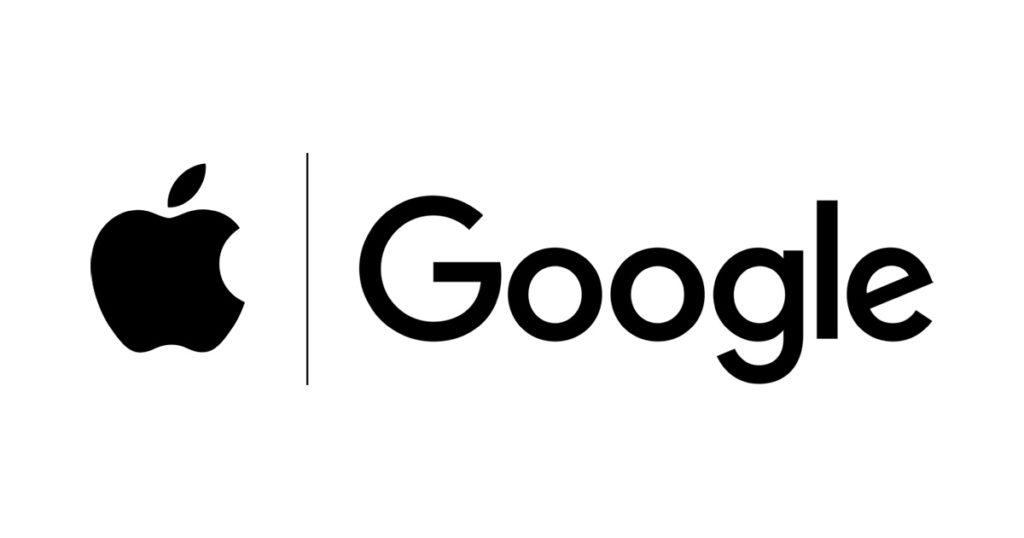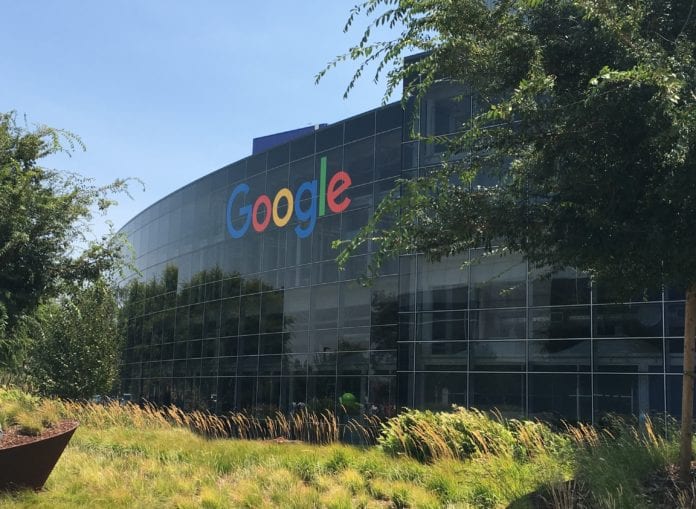Google was criticized for quite some time for having a high fee structure when it comes to revenue sharing. Some would argue it was ruthless towards small scale app developers with a low year-round incoming revenue. Apple had earlier played its card, aiming to stay ahead of Google a notch. Has Google caught up now?
Play Store has caught up and then some…
As recently as November 2020, Apple had announced what could arguably be the greatest revenue structure update to Apple’s App Store policies which had dropped the fees from 30% of yearly revenue to 15% for incomes below $1M. Apple termed it App Store Small Business Program and was squarely aimed at small businesses and developers to get on-board without having to bare high revenue fees while still not having high enough income.

Google seems to have caught up with the idea. Google’s new policy for Play Store’s revenue-sharing structure suggests a similar 15% fees for app owners earning less than $1M in a year. This is down from the 30% cut it used to take overall devoid of any differences based on incomes. Google has gone on to claim that 99% of the app owners and people having other content on the Play Store will benefit from this move and will see a reduction of fees paid by them to Google up to 50%.
Also Read: 2021 To Be The End Of Fake Accessories — Apple Dedicates Team To Take Them Down
Google Has Made Its Bet & Raised It a Notch
Google’s revenue sharing structure however differs from Apple’s, and in a good way.
Apple’s policy charges a developer the claimed 15% fees only till the concerned app owner has a revenue below $1M. Once his earning exceeds that margin, the sum in its entirety is taxed 30%. This is true even if the one concerned earns $100,000 over a million or $10M.

Google however, has taken a rather lenient route, in which one would only pay the 30% fees on the part of income that’s beyond $1M. Which means, if one earns $1.5M then the content owner shall be paying 15% fees for the $1M and 30% for the rest $500,000.
Although this sounds like a tiny oversight, the added advantage in Google’s Play Store’s fee collection situation will especially be important to the developers who don’t have pay out the big fee chunk even if they get into the >$1M bracket by margin.



5 BEST ANDROID MULTIPLAYER GAMES IN 2021
https://news.oyprice.com/top-10/5-best-android-multiplayer-games-in-2021